Anemia is a common condition that affects millions of people worldwide, characterized by a deficiency of red blood cells or hemoglobin in the blood. Symptoms of anemia can range from fatigue and weakness to shortness of breath and dizziness. While there are various causes of anemia, including iron deficiency, vitamin B12 deficiency, or chronic diseases, incorporating certain foods into your diet, such as dried figs, can be a natural way to boost iron levels and help alleviate symptoms of anemia. Dried figs, also known as anjeer, are a delicious and nutritious fruit that is not only rich in flavor but also packed with essential nutrients that can support overall health.
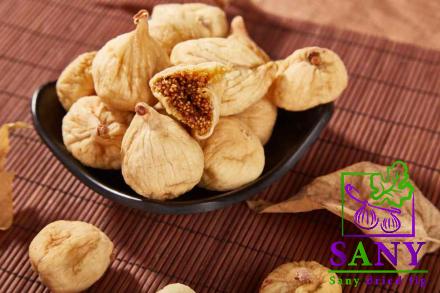
.
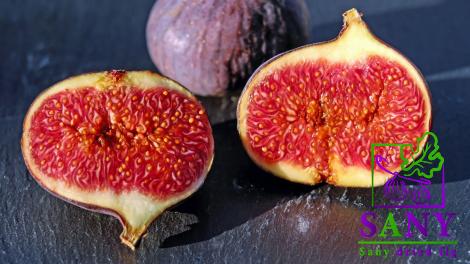 These sweet and chewy fruits are a concentrated source of vitamins, minerals, and antioxidants that can aid in the management of anemia and promote healthy blood production. One of the key benefits of dried figs for anemia is their high iron content. Iron is an essential mineral that plays a crucial role in the production of hemoglobin, the protein in red blood cells that carries oxygen from the lungs to the rest of the body. When the body lacks iron, it can lead to a decrease in hemoglobin levels, resulting in anemia. Consuming foods rich in iron, such as dried figs, can help replenish iron stores in the body and improve symptoms of anemia. In addition to iron, dried figs are also a good source of other nutrients that are important for blood health, such as vitamin B6 and copper. Vitamin B6 is necessary for the formation of hemoglobin and helps the body utilize iron more effectively. Copper, on the other hand, aids in the absorption of iron and plays a role in the production of red blood cells. By including dried figs in your diet, you can ensure that your body receives these essential nutrients to support healthy blood function. Moreover, dried figs are packed with dietary fiber, which can help improve digestive health and prevent constipation, a common side effect of iron supplements. Fiber also helps regulate blood sugar levels and can contribute to overall heart health. By incorporating dried figs into your daily routine, you can enjoy these additional benefits while working to combat anemia. There are various ways to include dried figs in your diet to maximize their health benefits. You can enjoy them as a snack on their own, paired with nuts for a satisfying and nutritious treat, or added to your favorite salads or oatmeal for a touch of sweetness. Dried figs can also be blended into smoothies or used in baking to create delicious and iron-rich desserts. It’s important to note that while dried figs can be a helpful addition to a diet aimed at managing anemia, they should be consumed as part of a balanced and varied diet.
These sweet and chewy fruits are a concentrated source of vitamins, minerals, and antioxidants that can aid in the management of anemia and promote healthy blood production. One of the key benefits of dried figs for anemia is their high iron content. Iron is an essential mineral that plays a crucial role in the production of hemoglobin, the protein in red blood cells that carries oxygen from the lungs to the rest of the body. When the body lacks iron, it can lead to a decrease in hemoglobin levels, resulting in anemia. Consuming foods rich in iron, such as dried figs, can help replenish iron stores in the body and improve symptoms of anemia. In addition to iron, dried figs are also a good source of other nutrients that are important for blood health, such as vitamin B6 and copper. Vitamin B6 is necessary for the formation of hemoglobin and helps the body utilize iron more effectively. Copper, on the other hand, aids in the absorption of iron and plays a role in the production of red blood cells. By including dried figs in your diet, you can ensure that your body receives these essential nutrients to support healthy blood function. Moreover, dried figs are packed with dietary fiber, which can help improve digestive health and prevent constipation, a common side effect of iron supplements. Fiber also helps regulate blood sugar levels and can contribute to overall heart health. By incorporating dried figs into your daily routine, you can enjoy these additional benefits while working to combat anemia. There are various ways to include dried figs in your diet to maximize their health benefits. You can enjoy them as a snack on their own, paired with nuts for a satisfying and nutritious treat, or added to your favorite salads or oatmeal for a touch of sweetness. Dried figs can also be blended into smoothies or used in baking to create delicious and iron-rich desserts. It’s important to note that while dried figs can be a helpful addition to a diet aimed at managing anemia, they should be consumed as part of a balanced and varied diet.
..
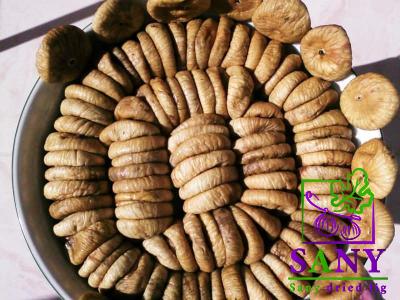 Consulting with a healthcare provider or a nutritionist is recommended for personalized dietary advice, especially if you have specific health concerns or underlying medical conditions. In conclusion, dried figs are a delicious and convenient way to boost your iron intake and support healthy blood production, making them a valuable addition to a diet focused on managing anemia. By incorporating dried figs into your meals and snacks, you can take a natural and flavorful approach to improving your iron levels and overall well-being. Incorporating dried figs into your diet for anemia management not only offers a natural and tasty option but also provides a range of additional health benefits. Let’s delve deeper into the nutritional profile of dried figs and explore how they can contribute to overall wellness beyond just addressing anemia. High in Antioxidants: Dried figs are a powerhouse of antioxidants, such as polyphenols and flavonoids, that help protect cells from damage caused by free radicals. Free radicals are unstable molecules that can lead to oxidative stress and contribute to various chronic diseases, including heart disease, cancer, and diabetes. By consuming dried figs, you can boost your antioxidant intake and support your body’s defense mechanisms against oxidative damage. Rich in Fiber: Fiber is an essential nutrient that plays a crucial role in digestive health, blood sugar regulation, and weight management. Dried figs are an excellent source of dietary fiber, both soluble and insoluble, which can aid in promoting regularity, preventing constipation, and supporting a healthy gut microbiome. Including dried figs in your diet can help you meet your fiber needs and maintain optimal digestive function. Supports Bone Health: In addition to its iron content, dried figs are rich in calcium and potassium, two minerals that are vital for maintaining strong and healthy bones.
Consulting with a healthcare provider or a nutritionist is recommended for personalized dietary advice, especially if you have specific health concerns or underlying medical conditions. In conclusion, dried figs are a delicious and convenient way to boost your iron intake and support healthy blood production, making them a valuable addition to a diet focused on managing anemia. By incorporating dried figs into your meals and snacks, you can take a natural and flavorful approach to improving your iron levels and overall well-being. Incorporating dried figs into your diet for anemia management not only offers a natural and tasty option but also provides a range of additional health benefits. Let’s delve deeper into the nutritional profile of dried figs and explore how they can contribute to overall wellness beyond just addressing anemia. High in Antioxidants: Dried figs are a powerhouse of antioxidants, such as polyphenols and flavonoids, that help protect cells from damage caused by free radicals. Free radicals are unstable molecules that can lead to oxidative stress and contribute to various chronic diseases, including heart disease, cancer, and diabetes. By consuming dried figs, you can boost your antioxidant intake and support your body’s defense mechanisms against oxidative damage. Rich in Fiber: Fiber is an essential nutrient that plays a crucial role in digestive health, blood sugar regulation, and weight management. Dried figs are an excellent source of dietary fiber, both soluble and insoluble, which can aid in promoting regularity, preventing constipation, and supporting a healthy gut microbiome. Including dried figs in your diet can help you meet your fiber needs and maintain optimal digestive function. Supports Bone Health: In addition to its iron content, dried figs are rich in calcium and potassium, two minerals that are vital for maintaining strong and healthy bones.
…
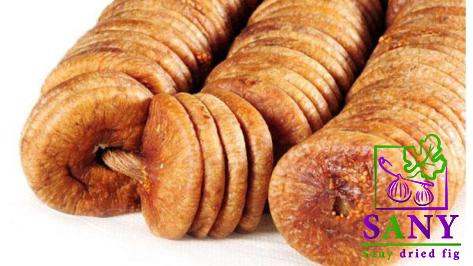 Calcium is essential for bone density and strength, while potassium helps prevent the loss of calcium from the body. Regular consumption of dried figs can contribute to overall bone health and reduce the risk of osteoporosis and fractures, especially in individuals at risk for bone-related issues. Boosts Heart Health: The combination of fiber, antioxidants, and potassium in dried figs makes them a heart-healthy food choice. Fiber helps lower cholesterol levels, while antioxidants protect against heart disease by reducing inflammation and oxidative stress. Potassium helps regulate blood pressure and heart function, further supporting cardiovascular health. By including dried figs in your diet, you can promote a healthy heart and reduce the risk of cardiovascular issues. Promotes Weight Management: Despite their naturally sweet taste, dried figs can be a valuable addition to a weight management plan. The fiber content in dried figs promotes satiety and helps control hunger, making them a satisfying snack option. Additionally, the nutrients in dried figs support healthy metabolism and energy production, which can aid in maintaining a healthy weight and overall well-being. Incorporating Dried Figs into Your Routine: There are numerous creative ways to enjoy dried figs as part of a balanced and nutritious diet. You can add them to your morning yogurt or oatmeal for a hint of sweetness, mix them into baked goods like muffins or bread, or use them in savory dishes like tagines or salads. Dried figs can also be paired with cheese for a delicious appetizer, or blended into smoothies for a nutrient-rich beverage. To maximize the health benefits of dried figs, it’s essential to choose high-quality, organic varieties that are free from additives and sulfites. When purchasing dried figs, look for products that are naturally dried and retain their flavor and nutritional value. You can store dried figs in an airtight container in a cool, dark place to preserve their freshness and prevent them from drying out. In conclusion, dried figs are a versatile and nutrient-dense food that offers a wide range of health benefits beyond supporting anemia management. By incorporating dried figs into your diet regularly, you can enjoy their delicious flavor while nourishing your body with essential nutrients, antioxidants, and fiber. Whether you’re looking to boost your iron levels, improve digestion, support heart health, or manage your weight, dried figs are a convenient and flavorful option to enhance your overall wellness.
Calcium is essential for bone density and strength, while potassium helps prevent the loss of calcium from the body. Regular consumption of dried figs can contribute to overall bone health and reduce the risk of osteoporosis and fractures, especially in individuals at risk for bone-related issues. Boosts Heart Health: The combination of fiber, antioxidants, and potassium in dried figs makes them a heart-healthy food choice. Fiber helps lower cholesterol levels, while antioxidants protect against heart disease by reducing inflammation and oxidative stress. Potassium helps regulate blood pressure and heart function, further supporting cardiovascular health. By including dried figs in your diet, you can promote a healthy heart and reduce the risk of cardiovascular issues. Promotes Weight Management: Despite their naturally sweet taste, dried figs can be a valuable addition to a weight management plan. The fiber content in dried figs promotes satiety and helps control hunger, making them a satisfying snack option. Additionally, the nutrients in dried figs support healthy metabolism and energy production, which can aid in maintaining a healthy weight and overall well-being. Incorporating Dried Figs into Your Routine: There are numerous creative ways to enjoy dried figs as part of a balanced and nutritious diet. You can add them to your morning yogurt or oatmeal for a hint of sweetness, mix them into baked goods like muffins or bread, or use them in savory dishes like tagines or salads. Dried figs can also be paired with cheese for a delicious appetizer, or blended into smoothies for a nutrient-rich beverage. To maximize the health benefits of dried figs, it’s essential to choose high-quality, organic varieties that are free from additives and sulfites. When purchasing dried figs, look for products that are naturally dried and retain their flavor and nutritional value. You can store dried figs in an airtight container in a cool, dark place to preserve their freshness and prevent them from drying out. In conclusion, dried figs are a versatile and nutrient-dense food that offers a wide range of health benefits beyond supporting anemia management. By incorporating dried figs into your diet regularly, you can enjoy their delicious flavor while nourishing your body with essential nutrients, antioxidants, and fiber. Whether you’re looking to boost your iron levels, improve digestion, support heart health, or manage your weight, dried figs are a convenient and flavorful option to enhance your overall wellness.
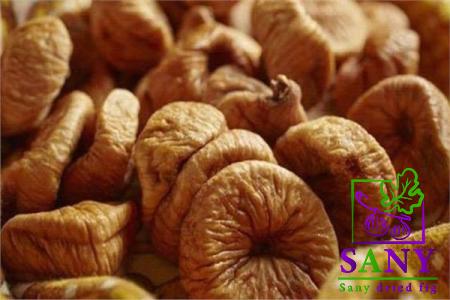
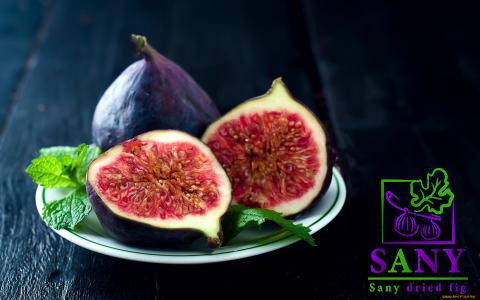
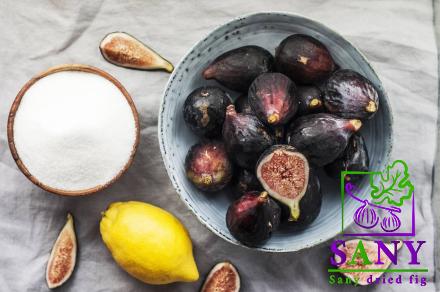
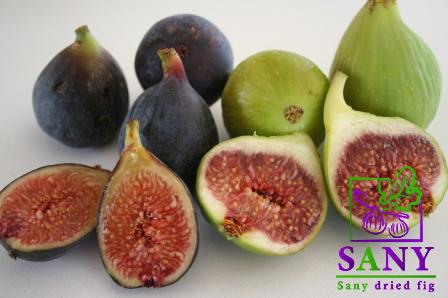

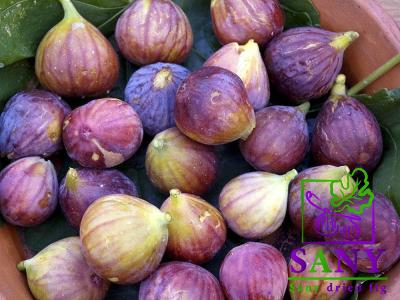
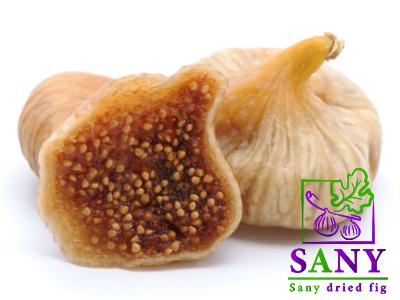

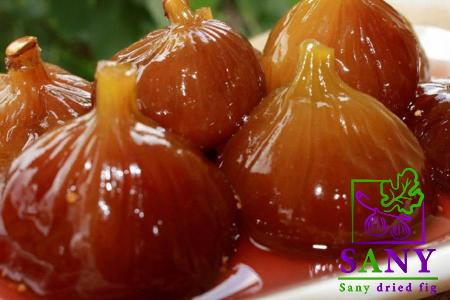
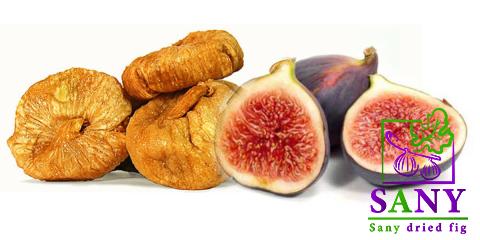
Your comment submitted.